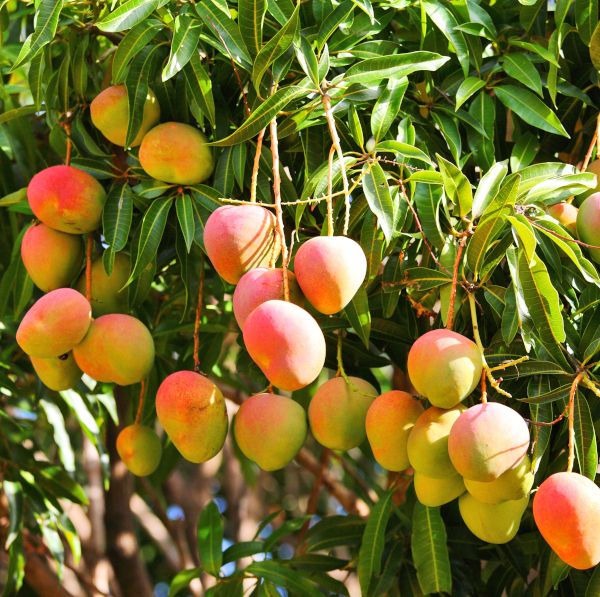
By George Munene
Availability and cost: these are the main drivers that have seen Kenyan animal feed traders opt to source the concentrates needed by farmers to increase output in animal production from neighboring Uganda and Tanzania.
“I can get 50 kilograms of maize bran from Uganda at a wholesale price of Sh900 which I’ll then sell for Sh1000 to farmers. Buying the bag from Kenyan millers costs Sh1100 which will mean having to sell it for Sh1200 to make a profit. A Sh100 price difference is a lot for a small-scale farmer looking to cut down on their production costs, naturally most opt for the cheaper alternative,” explains Wellingtone Serem a feed wholesaler at Eldoret.
Related News: Kericho farmer builds model dairy unit milking 520 litres daily
Related News: Homemade dairy feeds cuts milk production costs by a third
Similarly, he points out wheat bran bought from a local milling company sets him back Sh842 and is sold to farmers for Sh950, while a similar 50-kilogram bag costs Sh760 imported from Uganda, this he can sell for a slightly cheaper Sh850.
The unavailability of local raw material has also driven Kenyan traders to source from her two neighbors. “If I relied solely on Kenyan milling factories to stock my shelves with animal feeds I would have already shut down my shop. Wheat bran is almost never available from wheat milling factories in the country, with the little that is offered coming nowhere near to satisfy existing demand,” Serem says.
The case is similar for cotton seed cake with only one company based in Kitui producing the by-product of ginned cotton. This constitutes no more than a drop in the ocean of what the market needs. The same applies to sunflower seedcake which he gets from suppliers in Tanzania and Uganda where its supply is plentiful.
These feed constituents can be fed to cows singularly but are often assembled by farmers to make a dairy meal facsimile. With the ever-rising price of dairy meal in the country, farmers are now opting against buying from manufacturers, choosing instead to make their own which reduces their cost of production.
Related News: Accountant earns double from dairy and hay production after quitting job
However with a tonne of these raw materials costing over Sh800,000 to bring across the country’s borders, very few farmers are able to source for feeds individually. Wellingtone also notes that it takes time to establish trustworthy sources; “I have been to homes of the people I work with in both Uganda and Tanzania, this is vital as the whole business works off trust: I might send one million shillings and be put on a queue and have to wait for when the feeds become available. Once available I have a broker who sources trailers looking for return goods and loads them before they get back into the country.” he explains.
Quality checks are conducted by Kephis at the country’s border to ensure any feeds entering the country meet the set efficacy standards.
Wellingtone Serem: 0723092409
Write comment (0 Comments)
















